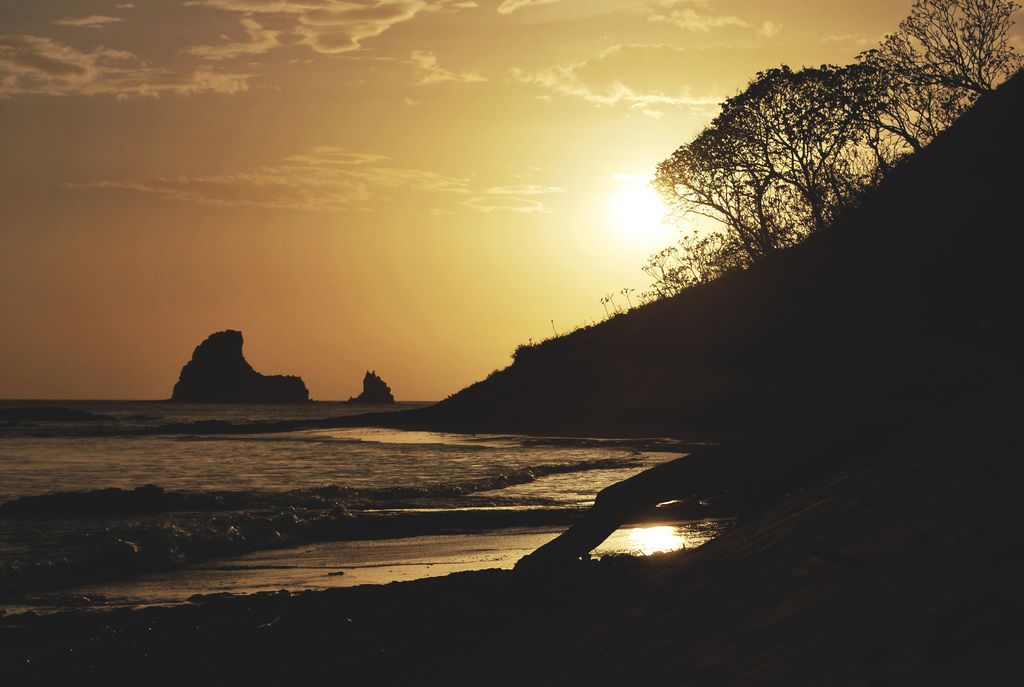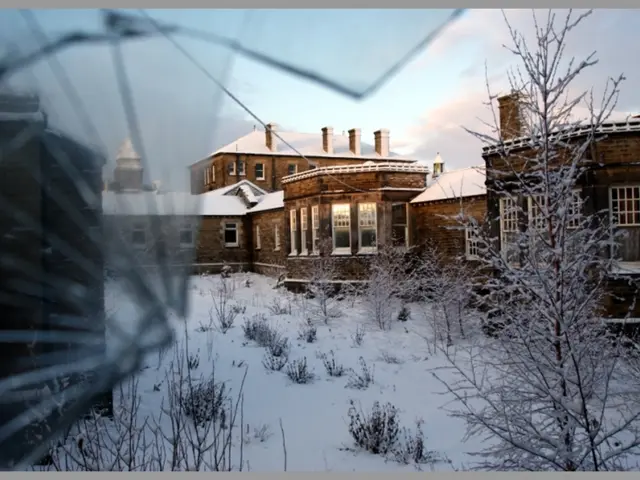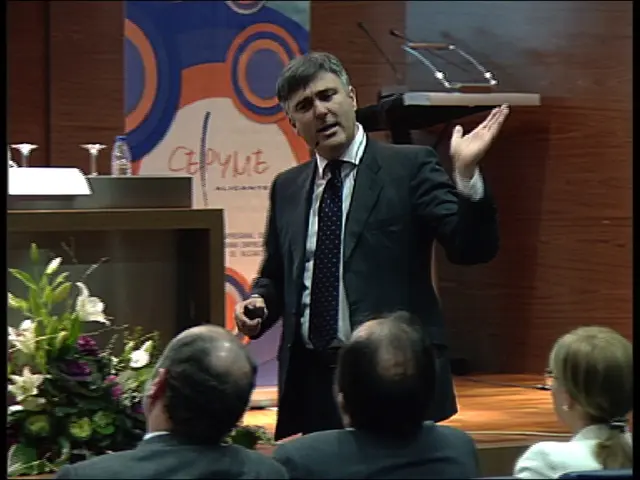Absence of Fresh Oil Leaks in Anapa Region Reported
Breaking News, June 13 - South Times: No Fresh Oil Spills Detected on Anapa's Shore, but the Coastline Cleanup Continues
After morning checks, municipal teams found no new traces of pollution on the coastal stretch, as per the Krasnodar region's operational headquarters. However, the cleanup operation expansion in the village of Zhemchug, Anapa, carries on, involving teams from Labinsk and Kushchevsky districts.
An unfortunate oil spill disaster occurred back in December 2024, when Russian tankers, the Volgoneft 212 and Volgoneft 239, sank in a Kerch Strait storm, leading to a massive leak of mazut, a heavy fuel oil[1][2]. The spill's impact hit the region hard, leaving contaminated beaches in its wake. Estimates suggest that roughly half of the 9,200 metric tons of fuel oil on board the doomed tankers seeped into the Black Sea[1][2].
Responding to this environmental catastrophe, cleanup teams have been working tirelessly to remove the polluted sand and restore the affected coastline. As of now, over 164,000 metric tons of contaminated sand have been removed, and nearly 550 kilometers of coast have been cleaned. Recent efforts have also collected more than 1,000 tonnes of contaminated soil from Anapa and Temryuk coastal areas[1][3].
The disaster has stirred the community to action, with thousands of volunteers taking part in the cleanup. Locals, authorities, and volunteers are dedicated to removing the hazardous fuel and safeguarding the environment. Russian officials have categorized the spill as an "ecological disaster," raising concerns about the subsequent ecological impact[4][5].
Despite the commendable efforts, residents of Anapa have raised criticism regarding the government's slow response, particularly in the installation of watertight barriers to prevent further leakage. These barriers are not expected to be in place until October, increasing concerns about the situation worsening during summer heat[1][5].
Scientists have raced against time to develop cutting-edge cleaning technologies to tackle the persistent issue. Despite these advancements, beaches in the Anapa region remain at risk, with a ban on swimming still in effect[2][5].
Stay in the loop on all the latest developments by checking out our platforms on Telegram, VK, "Classmates," and YouTube.
- The cleanup operation in the village of Zhemchug, Anapa, involves not only local teams but also those from Labinsk and Kushchevsky districts, as scientists race against time to develop advanced technologies in response to the oil spill disaster that Release mazut, a heavy fuel oil[1][2], into the Black Sea in December 2024.
- The oil spill catastrophe, classified as an "ecological disaster," has triggered significant concern within the environmental-science community, as well as among locals and authorities, who are dedicated to removing hazardous fuels and safeguarding the environment.
- In light of the ongoing environmental crisis, the South Times reports that financial and energy sectors may face potential challenges, as the cleanup and restoration efforts could potentially impact the region's tourism industry, a vital source of income for the area.








